Monthly Archives: May 2018
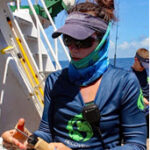
Laboratory studies at the University of Miami suggest that exposure to Deepwater Horizon oil may have negatively affected heart function in mahi-mahi, reducing their ability to swim efficiently. Lela Schlenker is expanding that research to investigate if and how oil exposure alters the way mahi-mahi migrate and respond to predators and prey in the wild. Read More
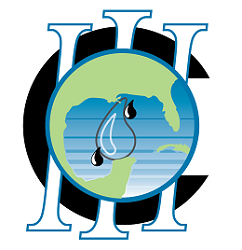
In honor of Teacher Appreciation Week, the consortium highlighted the efforts of Gulf Coast teachers who have accompanied Mud & Blood expeditions, gaining hands-on experience dissecting fish and processing sediment cores. Learn more about the Teacher @ Sea program here. Blogs written by current and previous teachers in the program can be found here on Read More
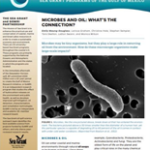
The Sea Grant Oil Spill Outreach Team released a publication that explains the role that microbes play in using oil as an energy source and removing it from the environment. The 8-page brochure Microbes and oil: What’s the connection? describes how these microscopic organisms can have a large-scale effect by quickly degrading oil in water Read More
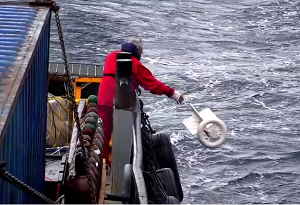
“Drifting in the Gulf” is an entertaining, educational video about the process of designing new scientific equipment for studying ocean surface currents. Co-created by Consortium for Advanced Research on Transport of Hydrocarbon in the Environment (CARTHE) and Waterlust, the video features the CARTHE drifter designed by University of Miami scientists, who spent two years testing Read More

Jewels of the Gulf is a 16-minute documentary highlighting research into Deepwater Horizon’s continued impacts on deep-sea corals. Background: On April 20th 2010, approximately 50 miles from the Louisiana coastline, the Deepwater Horizon oil rig experienced a catastrophic failure that resulted in the largest marine oil spill in history. Over the course of 87 days, Read More
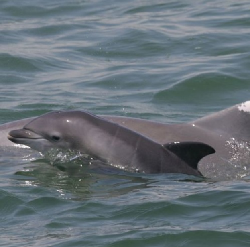
Dr. Kait Frasier recently appeared on the show to discuss how she uses marine mammal sounds to determine which species were present during the Deepwater Horizon spill and how they are functioning in their habitat present-day. Episode Summary (via Dispatches from the Gulf on Soundcloud): “Dr. Kait Frasier (Scripps Institution of Oceanography) is a pioneer in bioacoustics. Read More

Oil contains thousands of different compounds that each affect the environment and living organisms differently. While some compounds have been well-studied, there are exponentially more that have not. Rebecca Lichtler conducts toxicity, gene expression, and gene mutation studies on oil-exposed mammal cells to determine if and how different oil compounds affect cell health. Rebecca is Read More
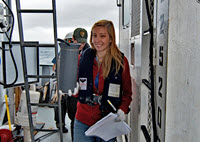
Responders to the Deepwater Horizon incident applied unprecedented amounts of chemical dispersant on the surface oil slick and into the deep underwater plume forming from the riser pipe. Shortly thereafter, researchers observed that a brown flocculant material containing oil and dispersant components covered some deep-sea corals near the incident site. Danielle DeLeo, during her graduate Read More
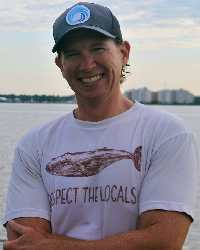
Balmer leads the Coastal Dolphin Health Assessment component of the Consortium for Advanced Research on Marine Mammal Health Assessment (CARMMHA). His group collects baseline health data on northern Gulf of Mexico dolphins, assesses potential Deepwater Horizon oil impacts, and tracks dolphins’ movement patterns using satellite tagging. Learn more about Balmer and his research here.
